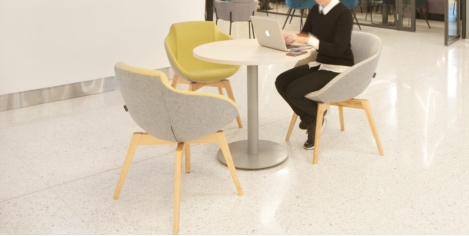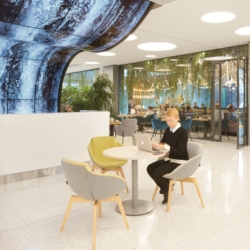August 25, 2022
Company culture improved thanks to pandemic, think half of workers. Half don’t.
 A new survey from Qualtrics claims that workers have mixed views on the impact of the pandemic on company culture. Half of European employees felt the pandemic had a positive impact on company culture – according to employees in France (50 percent), Germany (48 percent) and the UK (62 percent). Those who experienced positive changes to company culture in the last two years, cited this as being a result of an increase in open and honest communication from the business and feeling heard by the organisation. In fact, over half of workers across all markets say receiving increased communication from the company has been important (FR: 55 percent, DE: 56 percent, UK: 59 percent). (more…)
A new survey from Qualtrics claims that workers have mixed views on the impact of the pandemic on company culture. Half of European employees felt the pandemic had a positive impact on company culture – according to employees in France (50 percent), Germany (48 percent) and the UK (62 percent). Those who experienced positive changes to company culture in the last two years, cited this as being a result of an increase in open and honest communication from the business and feeling heard by the organisation. In fact, over half of workers across all markets say receiving increased communication from the company has been important (FR: 55 percent, DE: 56 percent, UK: 59 percent). (more…)


































August 5, 2022
The four day week might be the wellbeing solution workers need
by Mark Hall • Comment, Flexible working, Wellbeing